Sandboxx interviews Navy SEAL, Doctor, and new astronaut Jonny Kim
- By Alex Hollings
Share This Article

There are only 48 Americans qualified by NASA for space flight and each one of them has an impressive resume, but few have the breadth of experience found in newly minted astronaut Dr. Jonny Kim. As a former Navy SEAL, a Harvard educated medical doctor, and now, a member of NASA’s astronaut corps, Dr. Kim has taken the internet by storm in recent weeks, thanks in no small part to a flurry memes comparing us normal folks to the legendary “Space shuttle door gunner” Jonny Kim.

You could say that Dr. Kim’s road to the launch pad started when he was just 16 years old. Like a lot of young Americans, Kim wasn’t particularly sure of himself as a kid, but he found purpose and motivation in the idea of service.
“Growing up, I felt like I was meant to do something bigger than myself,” Dr. Kim told Sandboxx. “At that point, I was kind of scared of life. I didn’t have the most confidence. I was going through school, just sort of going through the motions, and then at 16 I heard about the SEAL teams and it just kind of clicked for me.”
“That was the first time I felt a calling.”
Even at such a young age, Dr. Kim was already looking for a challenge. He was drawn the idea of becoming a SEAL, in part, because he saw it as the most difficult training you could receive in the United States military. It wasn’t just the training, however, that caught Kim’s eye. He was also inspired by the idea of being a part of the Navy’s elite “quiet professionals.”
“It consisted of operators who worked silently, behind the scenes, did the difficult things that no one else wanted to do, and never advertised their work or sought recognition for it. There was something about that creed that just really stuck with me, and I wanted to be a part of the group,” Kim said.
“That’s the reason I wanted to join the Navy. I wanted to find myself, find my identity, see if i could do it–and also to join this brotherhood of warriors.”

Dr. Kim went on to earn a spot on SEAL Team 3, where he served on more than 100 combat missions as a Special Operations Combat Medic, sniper, and navigator. He was awarded the Silver Star and the Bronze Star with a “V” device that represents valor in combat, among many others. You’d think that after all that, Kim would be ready to take on anything, even astronaut training, but Kim points out that it was a combination of his military experience and his time as a medical doctor thereafter that helped make him a well rounded spaceman.
“Certainly my experiences as a Navy SEAL, where I learned how important and powerful resilience is,” Kim replied when asked what prepared him for astronaut training.
“I learned that I can achieve anything, no matter how hard, how exhausting it is. I know that I’m capable of so much more because I’ve created benchmarks in my life where I didn’t think that I could succeed, but I was able to get through them with the help of my teammates.”
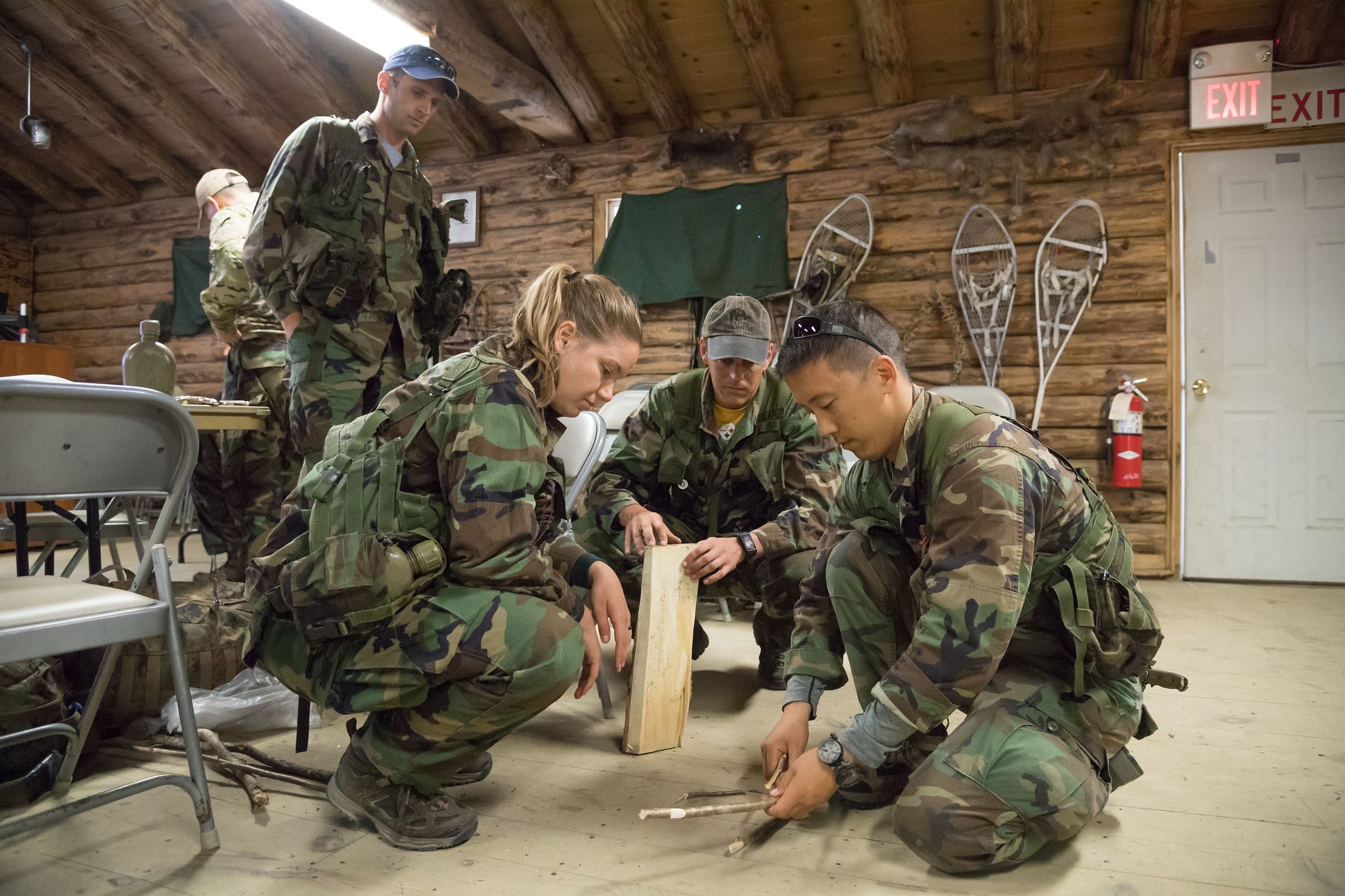
Dr. Kim credits his time as a Navy SEAL with helping him develop hard skills and teaching him how to be fierce in the face of adversity, but being an astronaut requires more than grit and determination. Kim credits his time as a doctor with helping him to develop some of the soft skills required for astronaut training.
“Being adaptable to various personalities in your group and learning how to communicate with people from very diverse groups, those are some things I really learned through being a physician.” Kim said.
“So I learned some hard skills from being in the military, and I learned some of the soft, more adaptable skills from being a physician. And those have come together well for me to be an integrated member of a greater team here at NASA.”
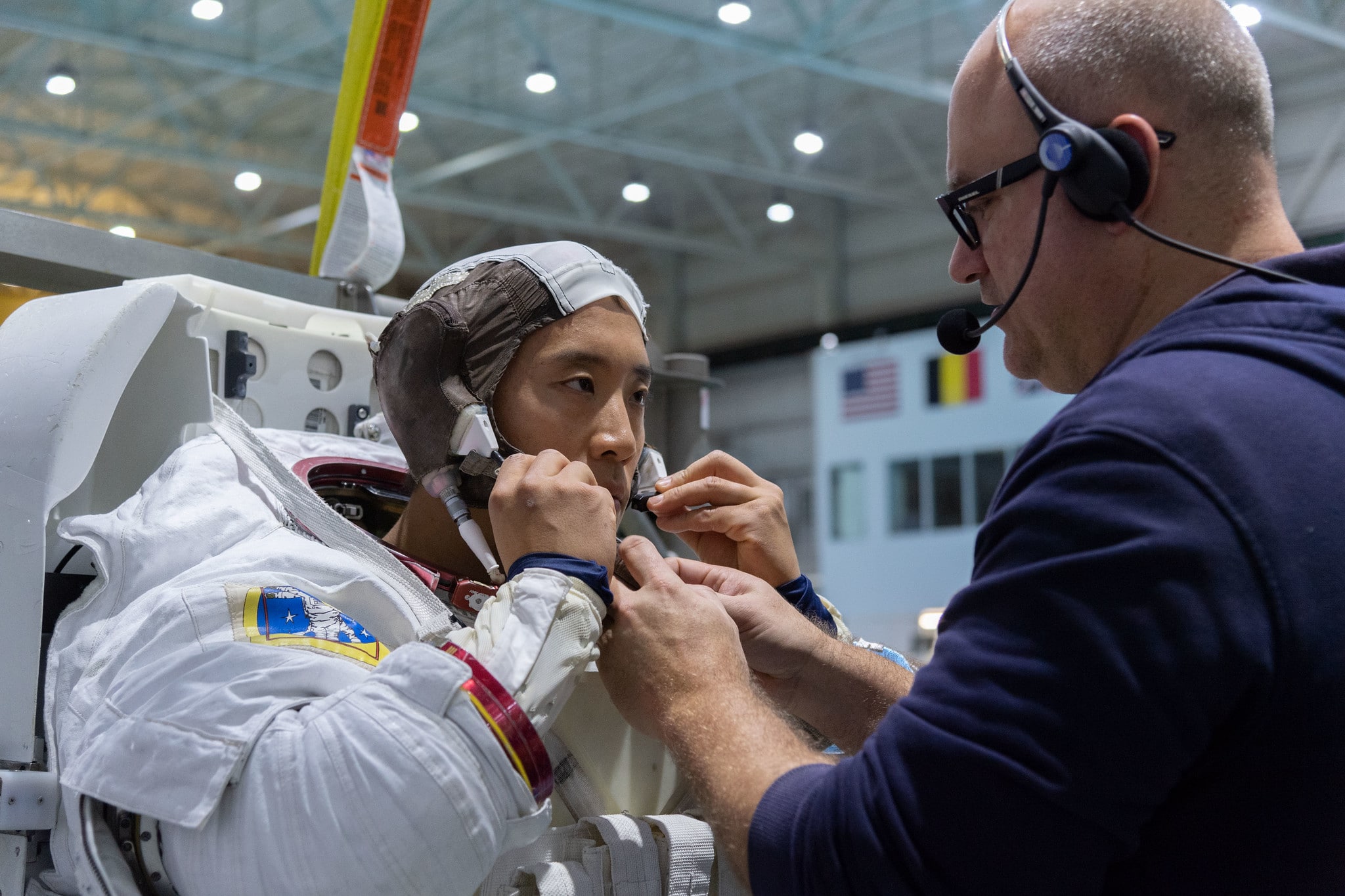
Between his time as a Navy SEAL, his time at Harvard, his work as a doctor, and the last two years of rigorous astronaut training, Dr. Kim is uniquely suited to offer advice to young men and women that have their own dreams to pursue. As Dr. Kim would tell you, he’s not made out of different stuff than the rest of us–he’s just dedicated his life to pursuing service at the highest levels possible.
“I feel like I’m talking to my younger self… I would say, have an honest conversation with yourself, do some soul searching, removing all extraneous distractions: ego, or obligations you feel like you have to your teachers, or your family, or your friends… Remove all that and have an honest conversation with yourself about why you want to do the things you want to do,” Dr. Kim explained. “Make sure you’re doing things for the right reasons.”
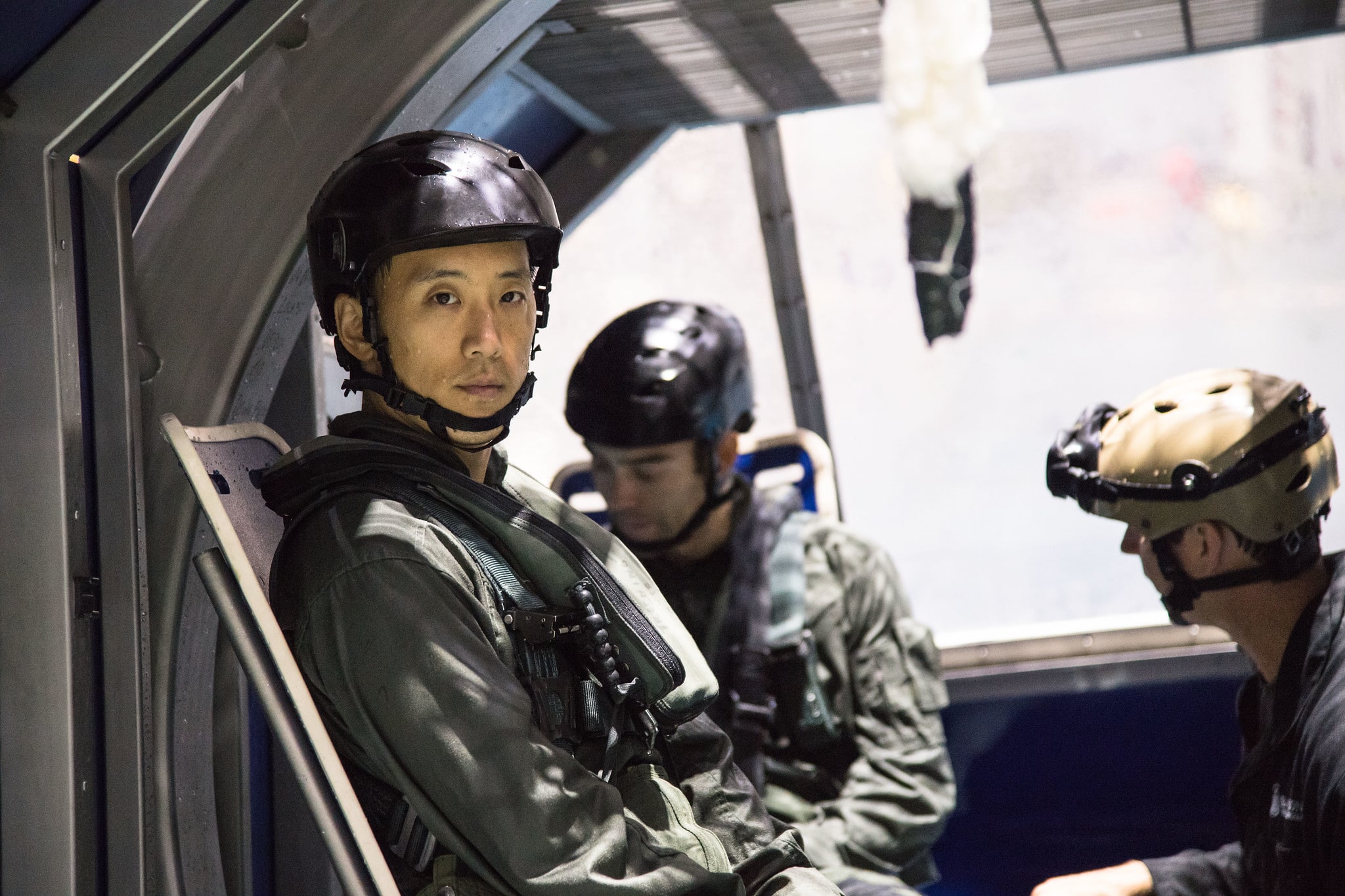
Once you’re sure that you’ve found the right path for you, Kim warns that you’ll still be faced with challenges, set backs, and adversity. What’s important, is staying focused and having a good attitude.
“You have to understand that everyone that’s accomplished their goals got there by making small steps. Sometimes we call it a plan, but people don’t accomplish big things in one fell swoop. They make short goals, they make a lot of mistakes along the way, but they learn from it and they get up each time they fall. Small steps lead to a big journey,” he explained.
“You’re going to mess up along the way, but that’s part of the ride. Have the right attitude and those small steps will lead you to where you want to go.”
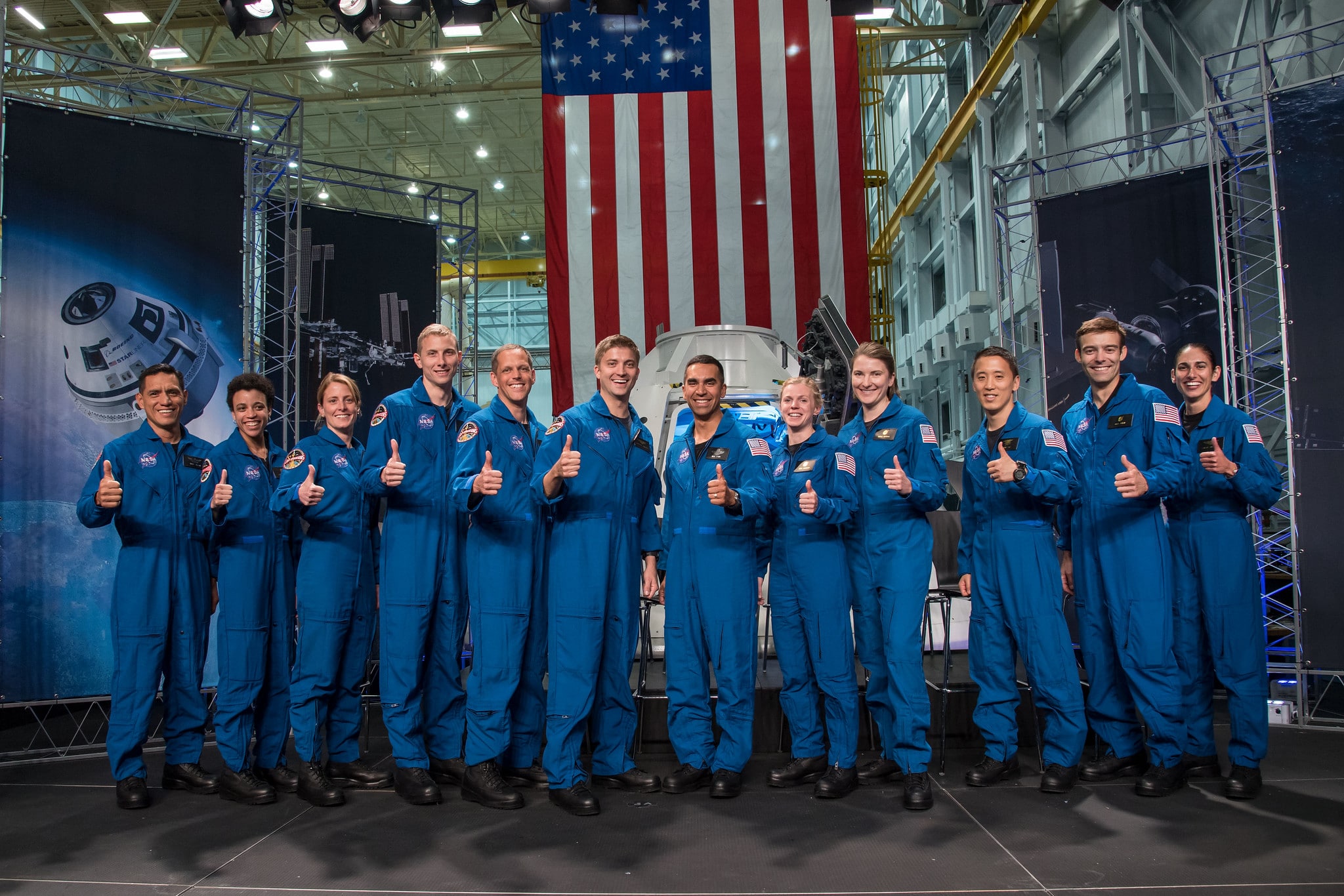
It’s been a while since Dr. Kim was going through Navy Recruit Training, but seeing as Sandboxx specializes in helping to get correspondence to service members, I asked him if he remembers getting letters while he was there. Like many veterans, Dr. Kim looks back on the letters he received during basic training fondly.
“I wrote my mother, and I remember writing letters to a girl I liked at the time. There’s just something so intimate and thoughtful about letters. I really remember the joy that came with receiving and sending letters [at Recruit Training]. There’s really nothing like it.”
Feature images courtesy of NASA
Related Posts
Sandboxx News Merch
-

A-10 ‘Warthog’ Poster
$22.00 – $28.00 Select options This product has multiple variants. The options may be chosen on the product page -

F-35 ‘Lightning’ Framed Poster
$45.00 – $111.00 Select options This product has multiple variants. The options may be chosen on the product page -

A-10 ‘Thunderbolt Power’ Poster
$22.00 – $28.00 Select options This product has multiple variants. The options may be chosen on the product page
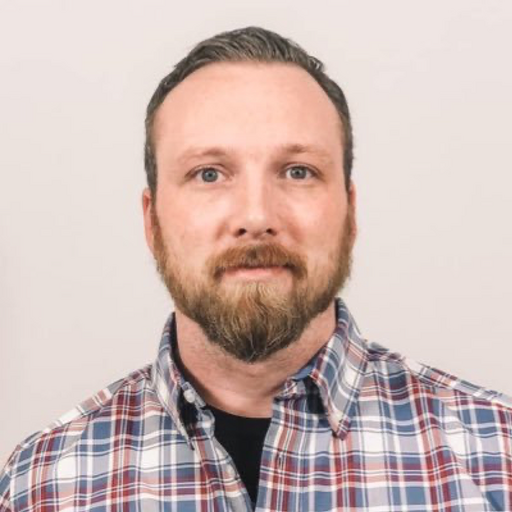
Alex Hollings
Alex Hollings is a writer, dad, and Marine veteran.
Related to: Pop Culture, Special Operations

Where do NATO reporting names come from?
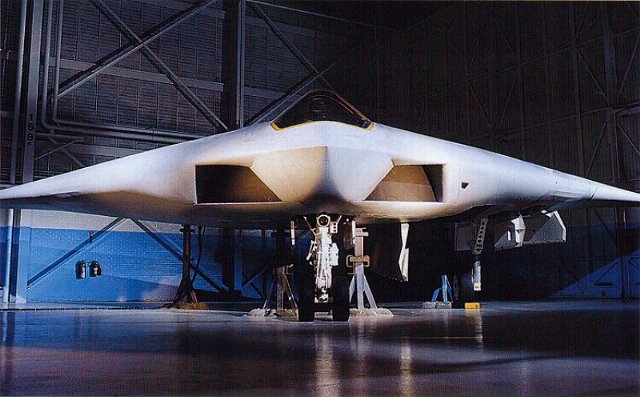
The A-12 Avenger II would’ve been America’s first real ‘stealth fighter’
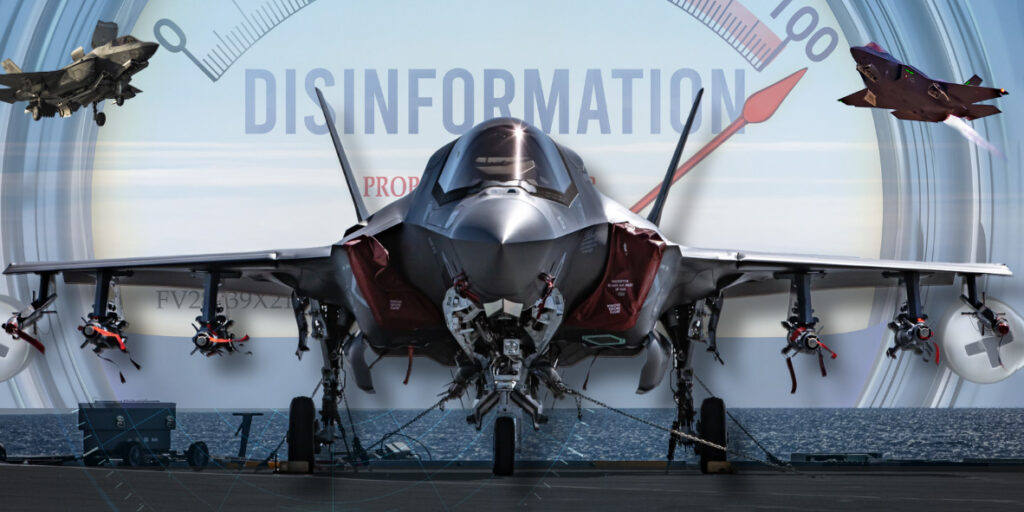
Why media coverage of the F-35 repeatedly misses the mark

It took more than stealth to make the F-117 Nighthawk a combat legend
Sandboxx News
-

‘Sandboxx News’ Trucker Cap
$27.00 Select options This product has multiple variants. The options may be chosen on the product page -

‘AirPower’ Classic Hoodie
$46.00 – $48.00 Select options This product has multiple variants. The options may be chosen on the product page -

‘AirPower’ Golf Rope Hat
$31.00 Select options This product has multiple variants. The options may be chosen on the product page -

‘Sandboxx News’ Dad Hat
$27.00 Select options This product has multiple variants. The options may be chosen on the product page
